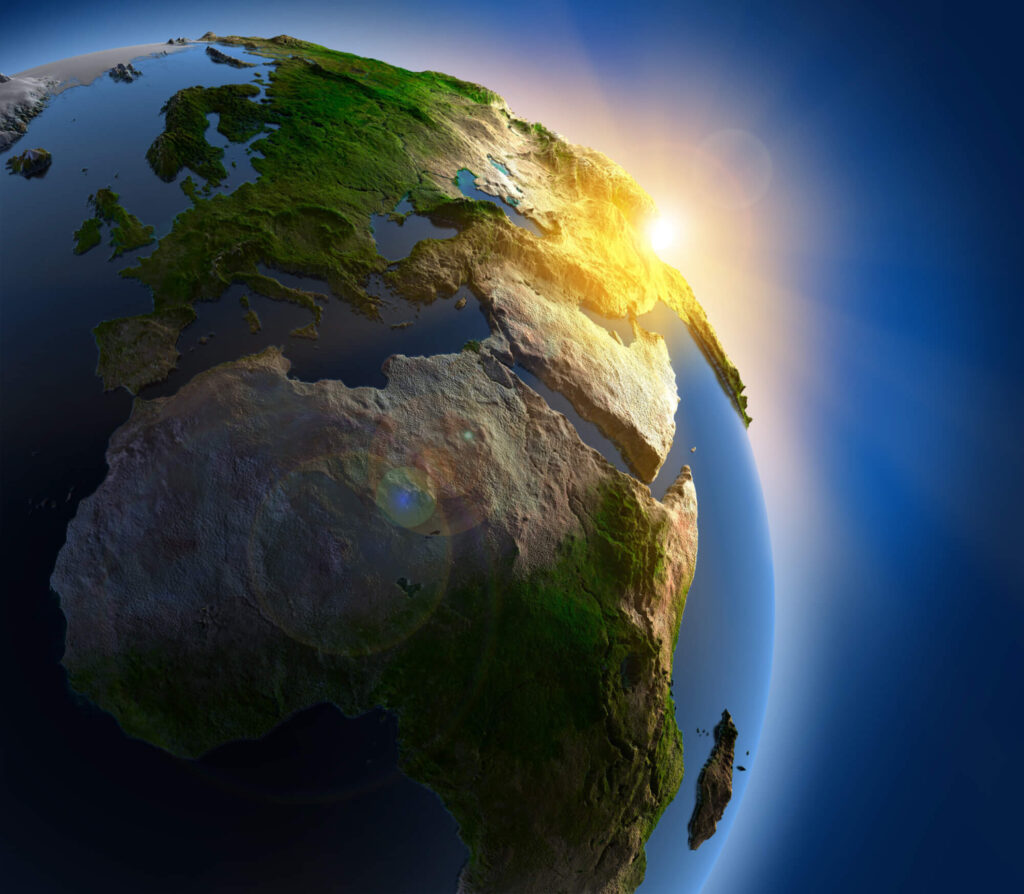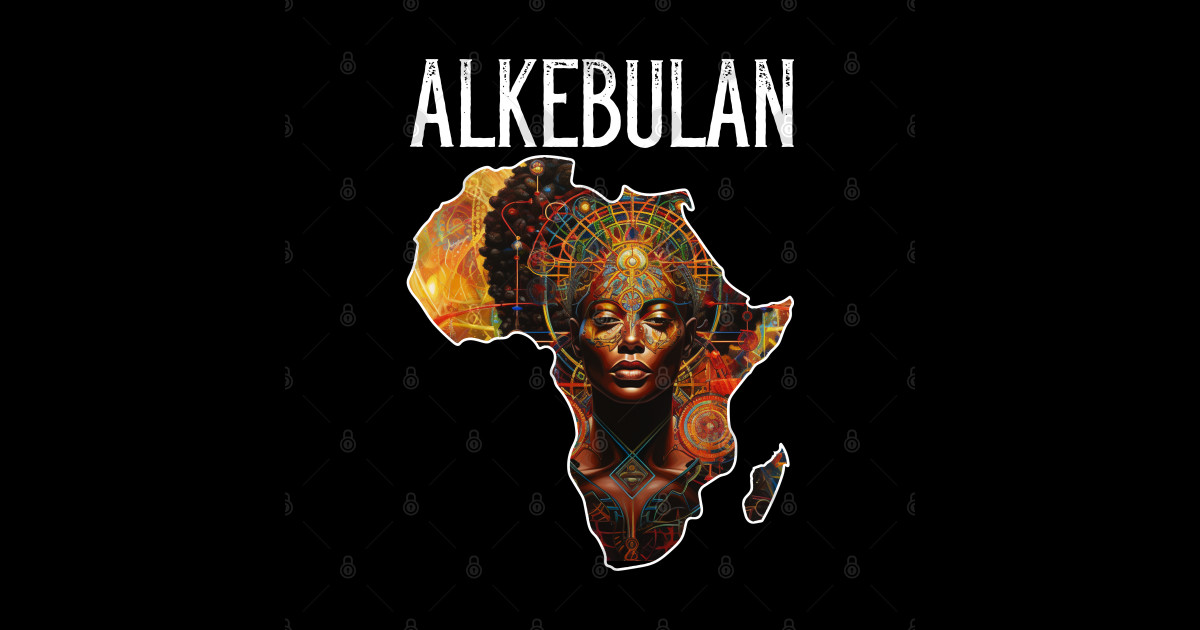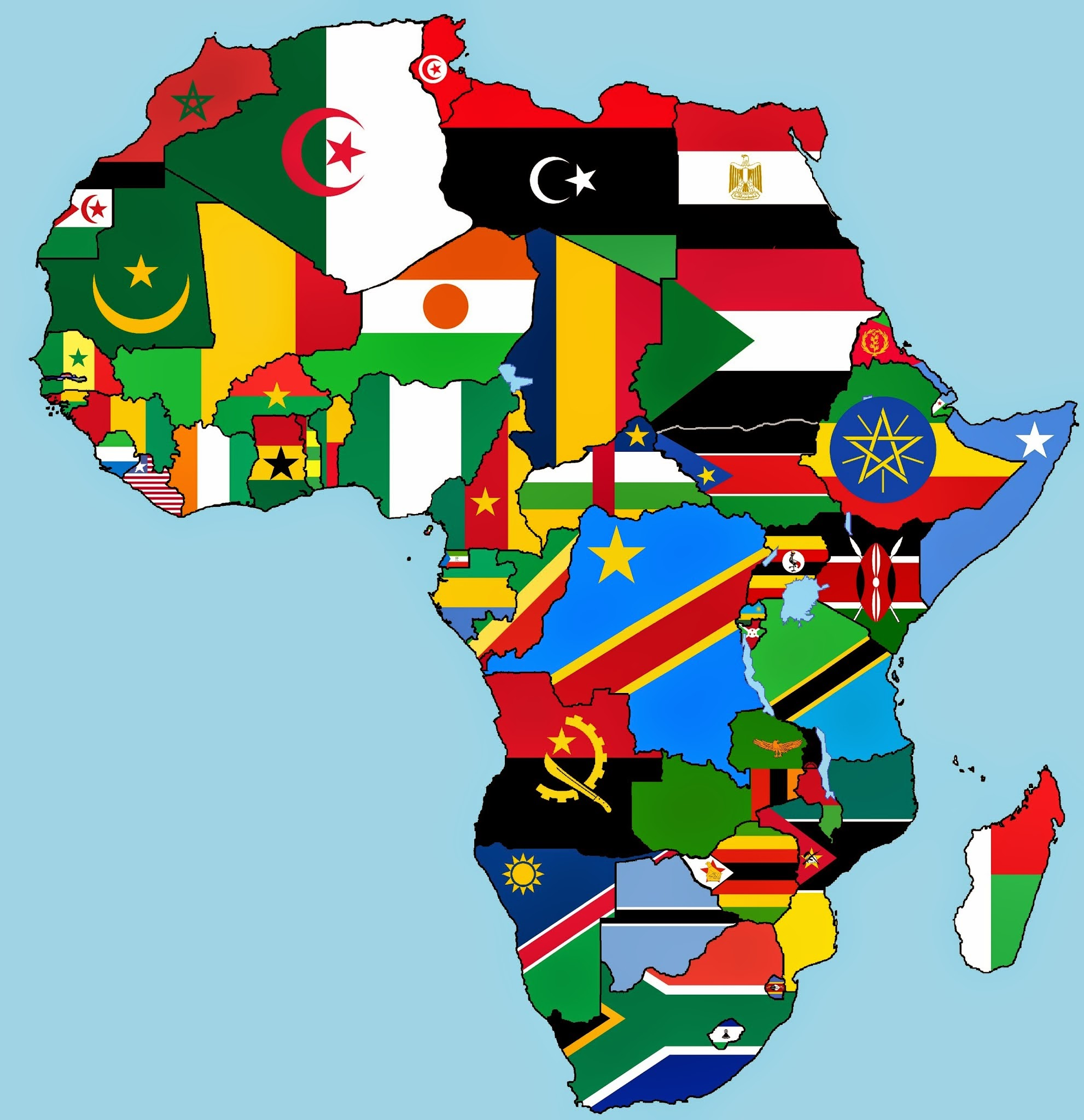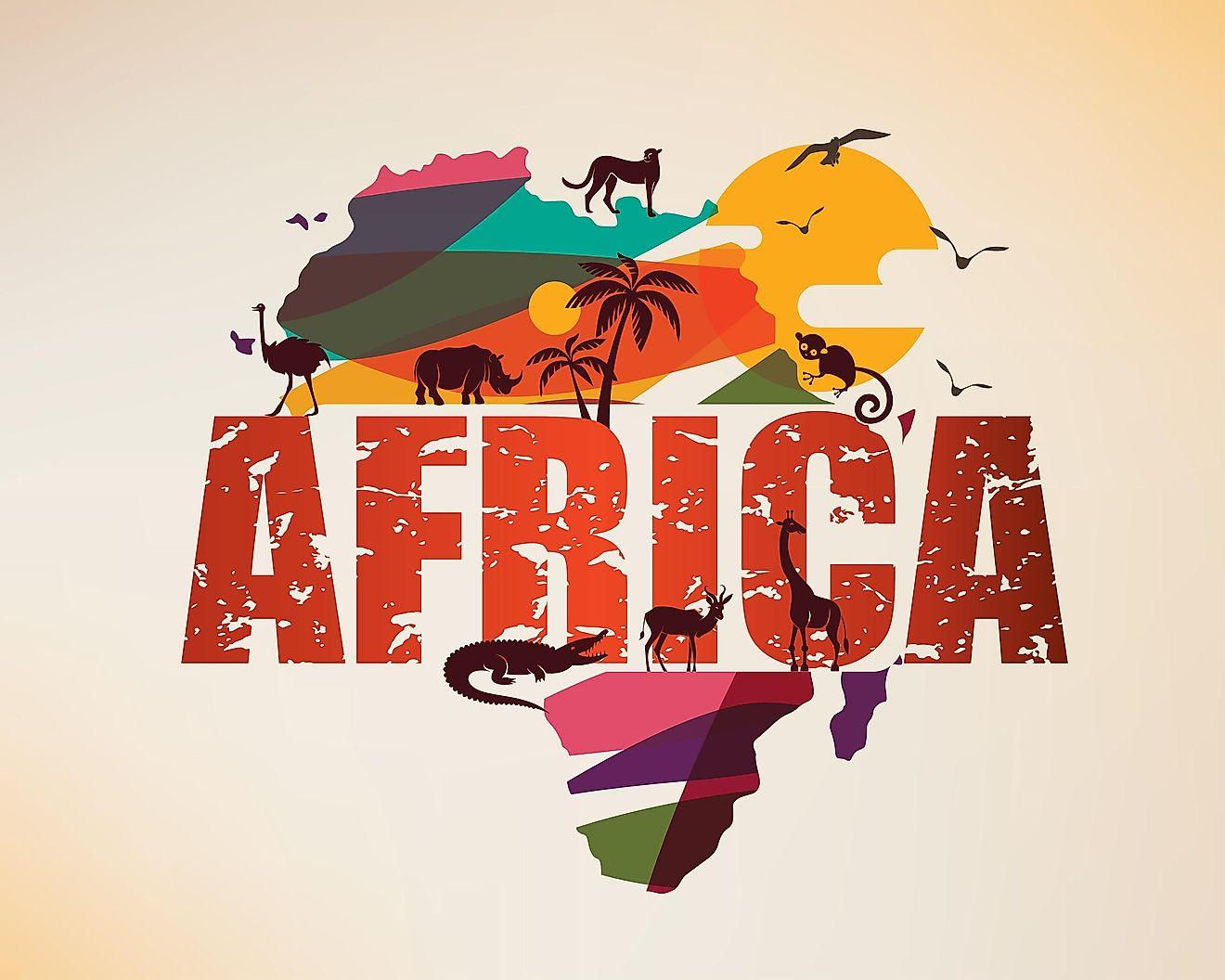The name Alkebulan is believed to be the oldest known name for Africa.
Quote from Oladosun Joshua Segun on May 8, 2025, 3:36 AM
Alkebulan is believed to be the oldest known name for Africa, used by indigenous people before the continent was renamed. The name Alkebulan is thought to mean "Mother of Mankind" or "Garden of Eden", reflecting Africa's deep historical and cultural significance.
The name Africa is said to have originated from various sources, including Phoenician, Greek, and Roman influences. Some theories suggest it came from the Berber tribe "Afri", while others link it to words meaning "sunny" or "land free from cold".
Before settling on "Africa," the continent was also referred to by other names, including Libya, Ethiopia, and Corphye. Some historians argue that renaming the continent was an attempt to erase indigenous history and culture.
Would you like to explore more about Africa's ancient civilizations or historical figures?
The name Africa is believed to have originated from multiple sources. Some theories suggest it came from the Berber tribe “Afri”, while others link it to the Phoenician words “friqi” and “pharika”, meaning corn and fruit. The Greeks and Romans also contributed to the naming, with some theories connecting it to the Greek word “Aphrika” (land free from cold) or the Roman word “Aprica” (sunny).
Some historians argue that renaming the continent was an attempt to erase indigenous history and culture. Africa’s history is rich and deeply rooted in ancient civilizations.
Africa has been home to many influential historical figures who shaped its history and left a lasting impact on the world. Here are a few notable leaders and visionaries:
Nelson Mandela – The anti-apartheid revolutionary and former president of South Africa, Mandela is celebrated for his role in ending apartheid and promoting reconciliation.
Kwame Nkrumah – The first Prime Minister and President of Ghana, Nkrumah was a key figure in Africa’s independence movements and a strong advocate for Pan-Africanism.
Haile Selassie – The Emperor of Ethiopia who resisted Italian invasion and played a significant role in the formation of the African Union.
Wangari Maathai – A Kenyan environmentalist and Nobel Peace Prize winner, Maathai founded the Green Belt Movement to promote reforestation and women’s empowerment.
Patrice Lumumba – The first Prime Minister of the Democratic Republic of Congo, Lumumba was a passionate advocate for African unity and independence.
Thomas Sankara – The revolutionary leader of Burkina Faso, Sankara implemented progressive policies on education, women’s rights, and economic self-sufficiency.
Julius Nyerere – The first President of Tanzania, Nyerere championed African socialism and unity.
Kofi Annan – A Ghanaian diplomat and former Secretary-General of the United Nations, Annan worked tirelessly for global peace and development.
These figures played crucial roles in shaping Africa’s political, social, and environmental landscape. These leaders not only fought for their nations' independence but also shaped Africa’s political landscape.

Alkebulan is believed to be the oldest known name for Africa, used by indigenous people before the continent was renamed. The name Alkebulan is thought to mean "Mother of Mankind" or "Garden of Eden", reflecting Africa's deep historical and cultural significance.
The name Africa is said to have originated from various sources, including Phoenician, Greek, and Roman influences. Some theories suggest it came from the Berber tribe "Afri", while others link it to words meaning "sunny" or "land free from cold".
Before settling on "Africa," the continent was also referred to by other names, including Libya, Ethiopia, and Corphye. Some historians argue that renaming the continent was an attempt to erase indigenous history and culture.
Register for Tekedia Mini-MBA edition 17 (June 9 – Sept 6, 2025) today for early bird discounts. Do annual for access to Blucera.com.
Tekedia AI in Business Masterclass opens registrations.
Join Tekedia Capital Syndicate and co-invest in great global startups.
Register to become a better CEO or Director with Tekedia CEO & Director Program.

Would you like to explore more about Africa's ancient civilizations or historical figures?
The name Africa is believed to have originated from multiple sources. Some theories suggest it came from the Berber tribe “Afri”, while others link it to the Phoenician words “friqi” and “pharika”, meaning corn and fruit. The Greeks and Romans also contributed to the naming, with some theories connecting it to the Greek word “Aphrika” (land free from cold) or the Roman word “Aprica” (sunny).

Some historians argue that renaming the continent was an attempt to erase indigenous history and culture. Africa’s history is rich and deeply rooted in ancient civilizations.
Africa has been home to many influential historical figures who shaped its history and left a lasting impact on the world. Here are a few notable leaders and visionaries:
Nelson Mandela – The anti-apartheid revolutionary and former president of South Africa, Mandela is celebrated for his role in ending apartheid and promoting reconciliation.

Kwame Nkrumah – The first Prime Minister and President of Ghana, Nkrumah was a key figure in Africa’s independence movements and a strong advocate for Pan-Africanism.
Haile Selassie – The Emperor of Ethiopia who resisted Italian invasion and played a significant role in the formation of the African Union.
Wangari Maathai – A Kenyan environmentalist and Nobel Peace Prize winner, Maathai founded the Green Belt Movement to promote reforestation and women’s empowerment.
Patrice Lumumba – The first Prime Minister of the Democratic Republic of Congo, Lumumba was a passionate advocate for African unity and independence.
Thomas Sankara – The revolutionary leader of Burkina Faso, Sankara implemented progressive policies on education, women’s rights, and economic self-sufficiency.

Julius Nyerere – The first President of Tanzania, Nyerere championed African socialism and unity.
Kofi Annan – A Ghanaian diplomat and former Secretary-General of the United Nations, Annan worked tirelessly for global peace and development.
These figures played crucial roles in shaping Africa’s political, social, and environmental landscape. These leaders not only fought for their nations' independence but also shaped Africa’s political landscape.
Uploaded files:


